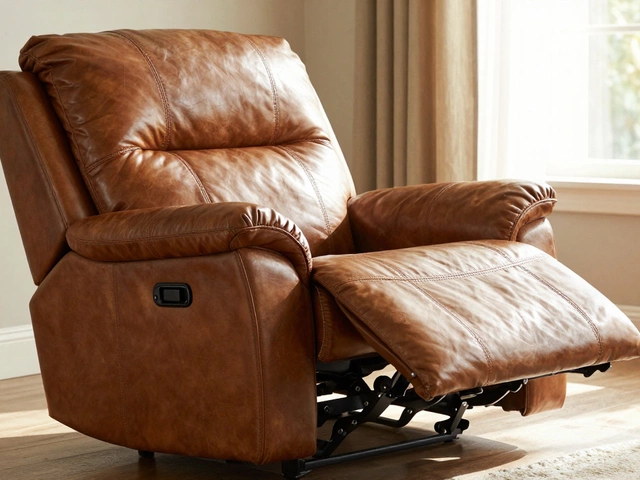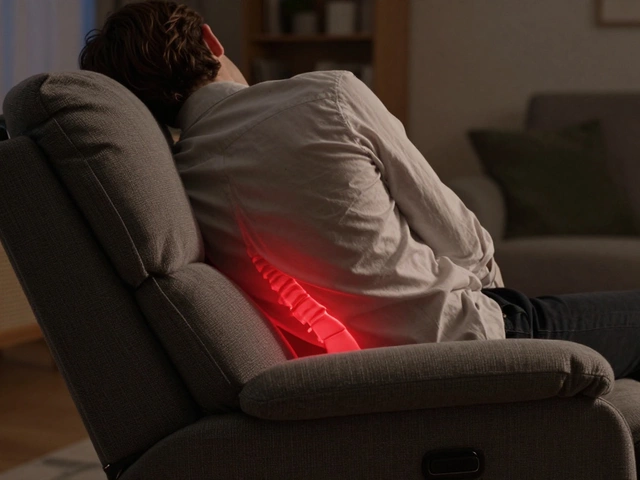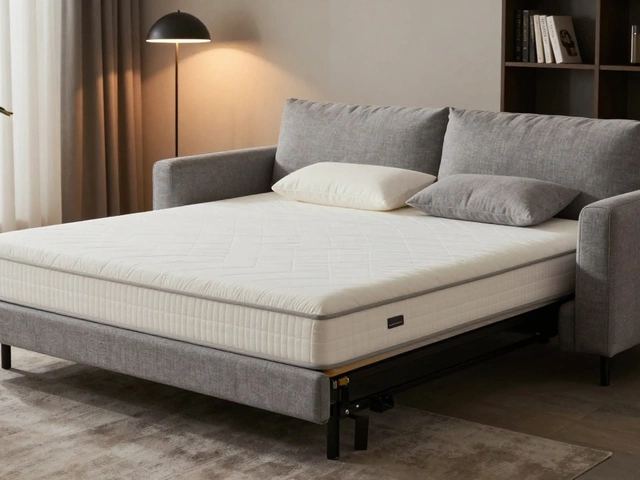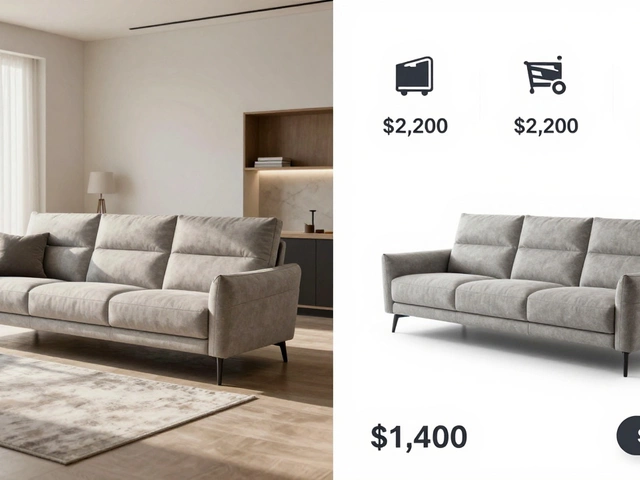Couch Sleeping Health Effects: What You Need to Know Before You Crash on the Sofa
We’ve all done it – a late‑night binge, a guest room full, or simply “too tired to get up.” The couch looks inviting, but is it really a good place to sleep? The short answer: it can be okay for a short nap, but regular couch sleeping can mess with your back, posture, and overall sleep quality.
How a Couch Affects Your Spine and Body
Most sofas are built for sitting, not lying flat. The cushions are softer in the middle and firmer on the edges, so when you lie down you end up in a “wave” shape. This uneven support forces the spine to curve unnaturally, especially in the lower back. Over time that can lead to muscle strain, tightened hamstrings, and that annoying ache you feel when you finally get up.
Another hidden issue is the height of the mattress‑like part of the couch. If the couch is too low, you might bend your knees sharply, pulling on the lower back. Too high and your hips stay flexed, putting pressure on the sciatic nerve. Both scenarios increase the risk of waking up sore.
Breathing can also suffer. When you curl up on a couch, the chest can be compressed, limiting deep breaths. Shallow breathing reduces oxygen flow, making you feel groggy even after a full night’s rest.
Tips for Safer Couch Sleeping
If you must sleep on a couch, a few tweaks can make it less damaging. First, add a firm mattress topper or a thin plywood board under the cushions. This creates a flat, stable surface that keeps the spine in a more neutral position.
Second, use a pillow that supports the natural curve of your neck. A low, firm pillow works better than a fluffy one that pushes your head too far forward. If you’re a side sleeper, a pillow between the knees reduces hip rotation and eases lower‑back strain.
Third, keep the couch clean and free of clutter. A clear area lets you stretch out fully, preventing you from curling into a tight fetal position that twists the spine.
Finally, limit couch sleeping to short naps (under an hour). For full nights, invest in a proper mattress or a dedicated sofa bed that offers firm, even support. Your body will thank you with fewer aches and better sleep cycles.
Bottom line: a couch can be a handy crash pad, but it’s not a substitute for a good mattress. Knowing the risks and using simple fixes can protect your back, improve your sleep, and keep you feeling refreshed when the morning comes.
Is Sleeping on a Couch Every Night Bad for You? Expert Insights & Tips
Get real talk about sleeping on a couch every night: the real effects on your body, tips for making it safer, and why your back might be complaining.





